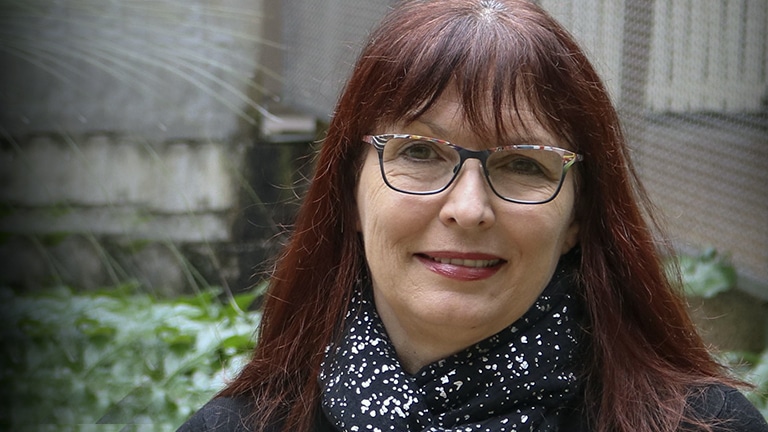
A study led by the University of Newcastle (UON) received $544,096 in funding to improve the safety and outcomes of people with dementia after they are discharged from hospital

A study led by the University of Newcastle (UON) received $544,096 in funding to improve the safety and outcomes of people with dementia after they are discharged from hospital.
UON health services researcher and a member of the Hunter Medical Research Institute’s Brain and Mental Health program, Associate Professor Ashley Kable, said people with dementia are particularly vulnerable to medication problems after they are treated in hospital.
“People with dementia are cognitively impaired, which makes it really difficult for them to remember when to take medications or how many tablets,” Associate Professor Kable explained.
“Medication generally changes for patients once they’ve been treated in hospital, which makes self-administration even harder for people with dementia and the responsibility often falls back on to carers,” she added.
The study will investigate whether a safe medication strategy, involving a clinical pharmacist review of medicines and routine home checks, can reduce readmissions to hospital.
“We will be adopting a routine strategy for people with dementia at the time of discharge to make sure their medication management is much safer and managed better to reduce the potential need for further acute care services,” Associate Professor Kable said.
“Currently, home medication reviews can be requested by a general practitioner following a patient’s discharge from hospital, but it’s not always done,” she added.
Associate Professor Kable said the study will also investigate whether a safe medication strategy can help alleviate the burden for carers.
“Looking after dementia patients who are quite sick can be a highly stressful situation for carers having to administer medications. Through the study, we will also measure carer burden and see if it’s improved by managing medications better,” she said.
The study is one of 42 projects funded by the Australian Government to support innovation in dementia and other aged care services.
Aged Care Minister, Ken Wyatt, said the grants would help the aged care sector to respond to consumer-directed care and the challenges of dementia.
“We know Australia’s population is ageing, and we know the aged care system must adapt to meet the community’s changing needs,” Minister Wyatt said. “These projects will help ensure our aged care system is able to deliver high-quality and more innovative services, now and into the future,” he added.
* HMRI is a partnership between the University of Newcastle, Hunter New England Health and the community.
HMRI would like to acknowledge the Traditional Custodians of the land on which we work and live, the Awabakal and Worimi peoples, and pay our respects to Elders past and present. We recognise and respect their cultural heritage and beliefs and their continued connection to their land.

Hunter Medical Research Institute
We’re taking healthy further.
Locked Bag 1000
New Lambton
NSW, Australia, 2305



This site is protected by reCAPTCHA and the Google Privacy Policy and Terms of Service apply.
Copyright © 2024 Hunter Medical Research Institute | ABN: 27 081 436 919
Site by Marlin Communications
